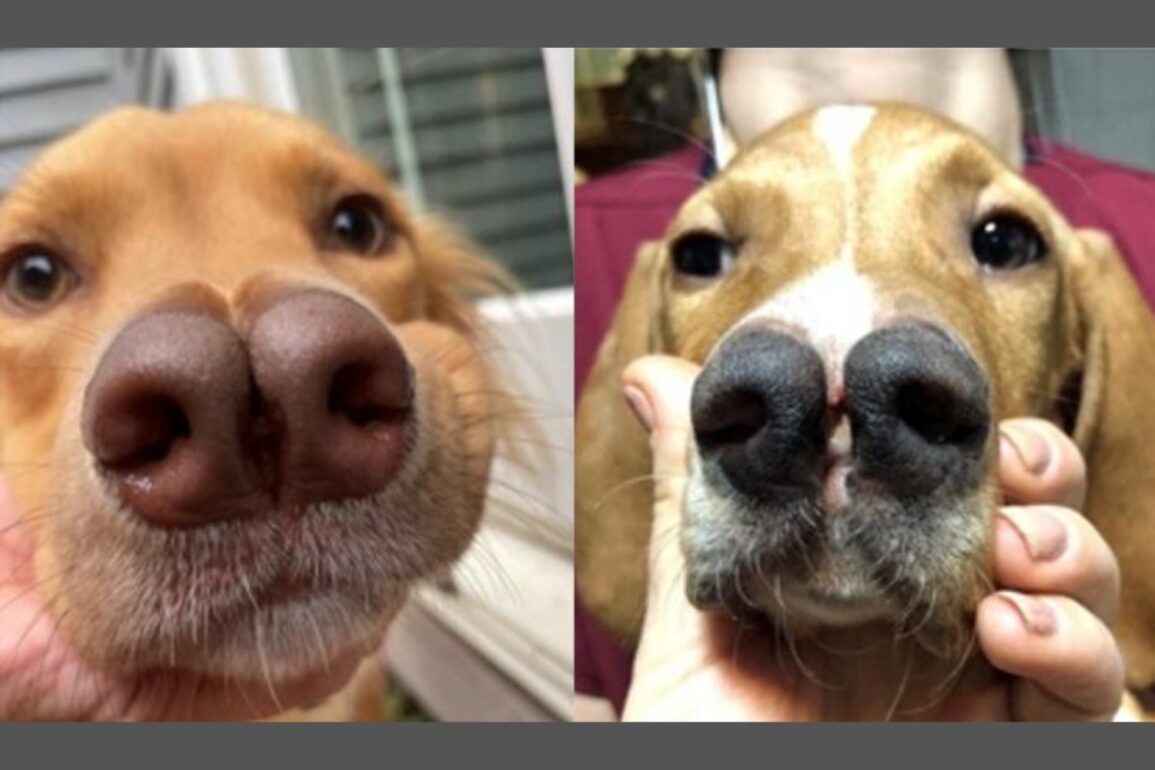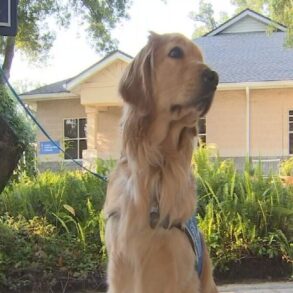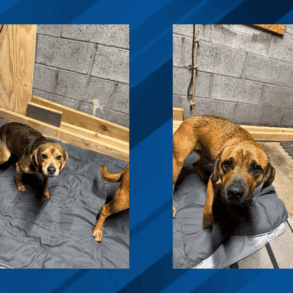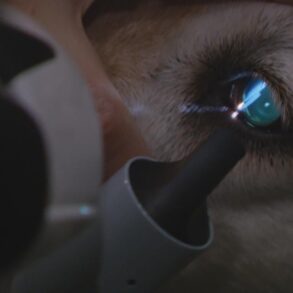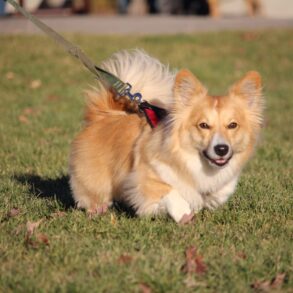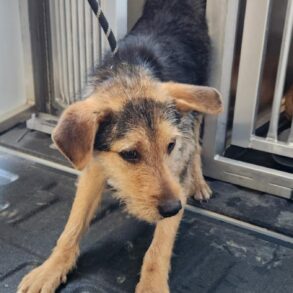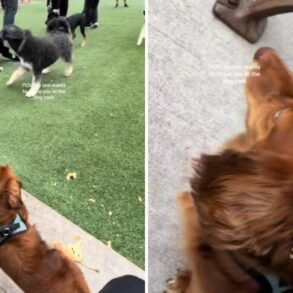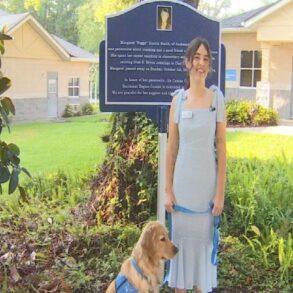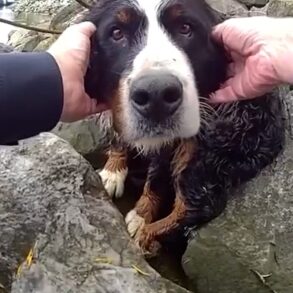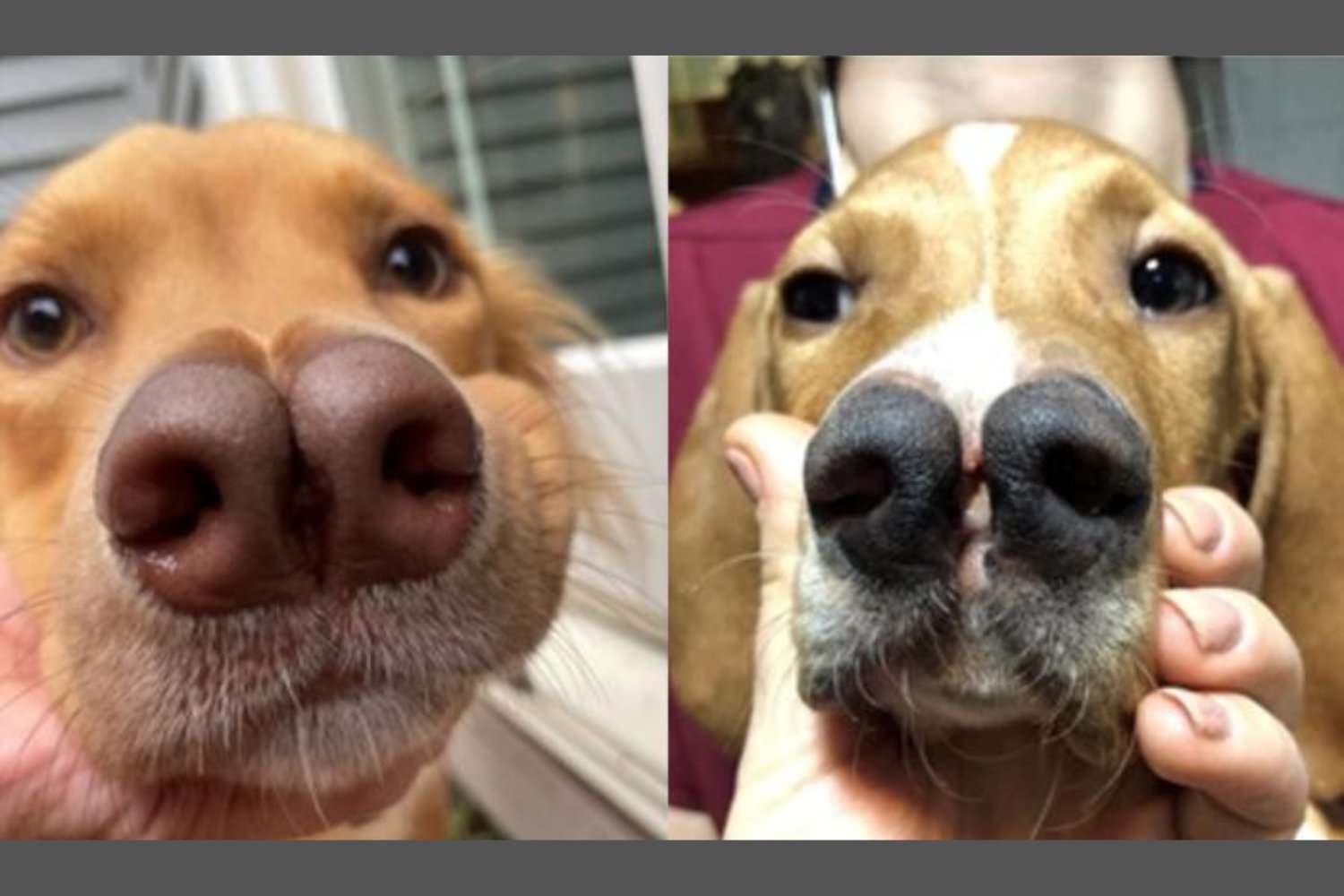
A rare breed of hunting dogs known for its forked nose, the Turkish Pointer, might just help scientists better understand why human babies are sometimes born with facial clefts.
In a recent study, researchers say they’ve found the genetic mutation that causes these dogs to develop their characteristic split nose. They argue that similar mutations might also explain some cases of cleft lip and palate in humans.
An international research team conducted the study, including scientists from the National Institutes of Health in the U.S. and the KTH Royal Institute of Technology in Stockholm, Sweden. They analyzed the genetics of some 2,000 dogs, eventually discovering several new gene variants linked to a dog’s facial structure and size. One of these variants was found in the Turkish Pointer, also known as the Catalburun.
The mutation concerns the gene PDFGRA. The researchers say that the gene seems to help connect the two halves of the face and mouth during embryonic development, with the unique variant in Turkish Pointers explaining their split-nose appearance.
“This indicates that the gene might be involved in some cases of human orofacial clefts,” said study researcher Peter Savolainen, a canine geneticist at KTH, in a statement from the institute. “While there are several genetic and environmental reasons behind orofacial clefts in humans, this study offers a clue to another factor.”
The team’s findings were published earlier this March in the journal Genome Research.
Facial clefts, which can involve the lips and/or palate, are thought to occur in one out of every 700 births. If untreated, the condition can hamper a person’s feeding and speaking and raise the risk of ear infections. These days, thankfully, it can usually be repaired very successfully with surgery. Most cases of facial clefts have no clear cause, though factors like smoking, diabetes, and the use of certain medications during pregnancy seem to increase the risk.
As their name suggests, Turkish Pointers have primarily been bred in select parts of Turkey. They’re said to be incredibly good sniffers, but they’re also rare, with only a few hundred specimens thought to be living today (the breed isn’t even officially recognized by any kennel club). Their tiny population numbers do raise the risk of genetic disease, though this is an issue with purebred dogs in general. But these dogs and other rare breeds also make it easier for scientists to isolate genes and mutations relevant to human health, the authors say.
“Studying the very inbred dog breeds is an excellent tool for finding the genetic reason for many morphologic traits and diseases in humans,” Savolainen said. “In humans there is just too much genetic variation, making it hard to identify exactly which genetic mutation causes a specific disease.”
This post was originally published on this site be sure to check out more of their content.



